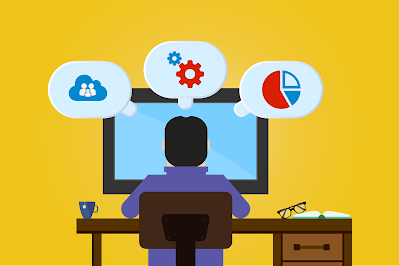GDPR Compliant Business Intelligence Solution - Part 1

Introduction W ith GDPR coming into action on 25th May 2018 some adjustments are required for most of the systems that run in an organization to ensure technical compliance along with several other organizational measures - see Measures for GDPR compliance for a company , and obviously it's very much applicable for data intensive systems like BI. In this post I will limit the scope to BI solution. If you are new to BI please take few minutes to glance through this page Business Intelligence to get a rough idea about BI. N ow on one side there is no point in building a GDPR compliant BI solution in such a way that it can't be used for business improvement purposes, or for decision-making at all levels in a company, because BI users will eventually stop using it and the system will become obsolete. On the other hand there is huge risk (both financial and loss of reputation) in building or maintaining a BI solution that's fully in-use but not compliant wi...






